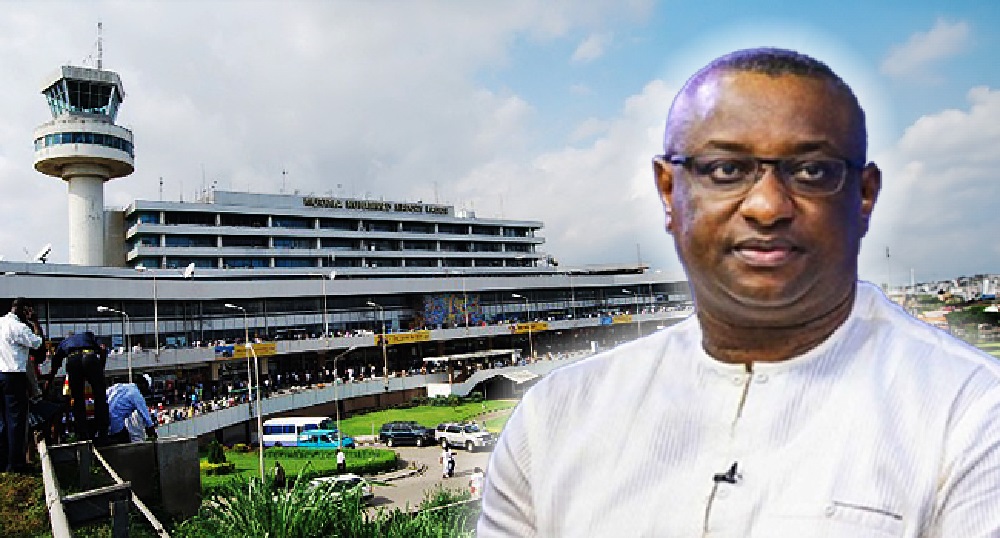Minister of Aviation and Aerospace Development, Festus Keyamo, has clarified that the Department of State Services (DSS) is not responsible for inspecting passengers’ bags at Nigerian airports.
Speaking during an interview on Arise News’ This Morning program on Sunday, Keyamo addressed long-standing complaints about congestion and inefficiencies caused by overlapping duties of airport security agencies.
Airport Congestion and Joint Inspection Tables
Using Lagos International Airport as an example, Keyamo explained that upon arrival, passengers’ bags are immediately screened by machines. Following this, the bags are typically sent to a joint inspection table where officials from multiple agencies—including DSS, Customs, NDLEA, and quarantine—simultaneously conduct manual checks.
He highlighted how this arrangement has led to bottlenecks that sometimes extend to the entrance gates, causing significant delays and passenger frustration. To address these issues, the Ministry of Aviation has dismantled joint inspection tables at airports, streamlining operations.
Clarifying DSS Roles
Keyamo emphasized that the primary responsibility of DSS officers at airports is to profile individuals entering or exiting the country for security purposes, not to search passengers’ bags. He urged DSS officials to collaborate with immigration officers at passport control to identify and manage high-risk individuals discreetly.
“DSS has no business searching people’s bags,” Keyamo stated. “You are there to profile individuals, particularly those under security scrutiny, and collaborate with immigration at the point of passport stamping. If needed, pull aside suspicious individuals for further checks in a private screening area.”
New Streamlined Security Processes
To eliminate redundant checks, Keyamo announced that aviation security personnel would now collaborate with other agencies at the baggage screening machines. Suspicious items detected by Customs or NDLEA, for instance, would lead to private searches, avoiding public disruptions and potential harassment.
Keyamo criticized the outdated practice of manual bag searches at joint inspection tables, describing it as a nuisance. “What you see in other parts of the world is reliance on screening machines. If there’s a suspicious package, pull the person aside privately. Harassing passengers at these tables is unnecessary,” he said.
Addressing Harassment and Extortion
The minister also spoke about recent federal measures aimed at curbing harassment, corruption, and extortion by security officials at airports. While acknowledging the necessity of security checks, he stressed the importance of professionalism and efficiency.
“Nobody expects to go through an airport without security checks,” he said. “However, the complaints we consistently receive from Nigerians involve extortion, corruption, and slow, unprofessional processes that do not align with global best practices.”
Keyamo assured Nigerians that these reforms aim to improve passenger experiences at airports while maintaining robust security protocols. The government’s objective, he added, is not to remove agencies but to redefine and streamline their roles to ensure a smoother process for travelers.
Keyamo believes Nigeria can align its airport operations with international standards, eliminating inefficiencies and restoring public confidence in the aviation sector. As the reforms are implemented, the Ministry of Aviation will continue monitoring the effectiveness of these measures and addressing any remaining concerns.

